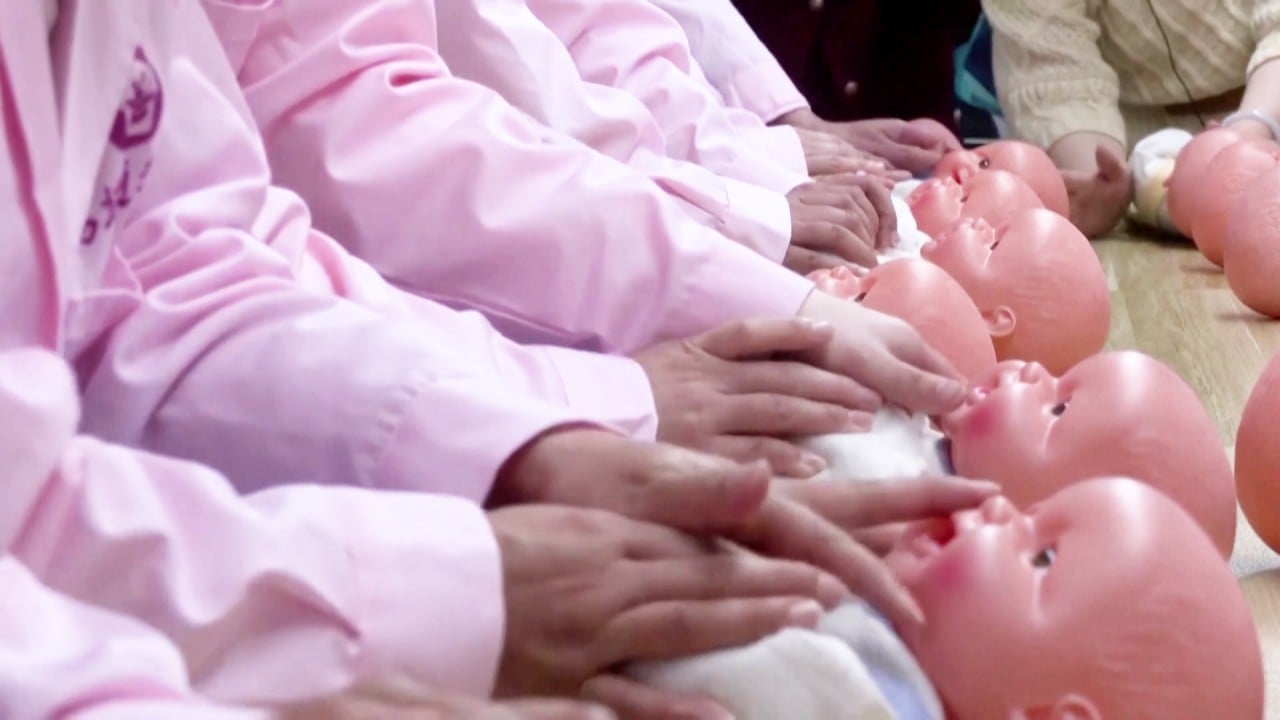
Chinese villages offer cash rewards to matchmakers as anxieties grow over rural ‘bachelor crisis’
- Local governments across China announce incentives of up to US$140 for those who help unmarried men find wives
- The country has about 30 million unmarried men, and some policymakers worry the imbalance will affect stability and development in countryside
Most of the incentive programmes will start in January or February, according to the report.
Focus on people not numbers, China told, as it faces unavoidable birth decline
From January 1, the village council of Xiangjiazhuang in Shaanxi province will give 1,000 yuan to those who introduce an unmarried man to a woman he eventually marries. The village is home to about 270 households and more than 40 unmarried men between the ages of 25 and 40, according to the report.
According to China’s 2020 census, the country has 722 million men and 690 million women, with the gender imbalance most prominent among those born during the one-child policy from 1980-2015.
In 2021, the gender ratio in rural areas was about 108 men for every 100 women, according to the National Bureau of Statistics (NBS).
That leaves China with about 30 million unmarried men, a surplus that some policymakers fear could affect social stability and economic development.
The problem is more pronounced in rural areas where the preference for boys over girls is more deeply ingrained and many women leave to work in the cities, according to Yi Fuxian, a senior scientist at the University of Wisconsin-Madison who studies Chinese demographics.
In recent years, deputies to the National People’s Congress and political advisers at various levels have proposed measures to address the difficulties rural men face in finding wives.
“Simple cash incentives can’t possibly solve the bachelor crisis in rural China,” Yi said.
The population of mainland China fell by 2.08 million last year to 1.4097 billion, down from 1.4118 billion in 2022, according to figures released by the NBS earlier this month.
‘Obedient’: China ‘matchmaker’ sets ‘bride price’ payments of up to US$25,000
“I want to live in a rich and developed area. A rural young man can’t offer the lifestyle I want.”
Gen Z women in China are significantly less willing to get married than their male peers. According to a 2021 Communist Youth League survey of 2,905 unmarried urban youths aged 18 to 26, 43.9 per cent of women said they did not want to get married or were unsure about marriage, while just 24.6 per cent of men responded the same way.
China’s Generation Z has the biggest gender ratio imbalance of any age group, with 18.27 million more men than women.


